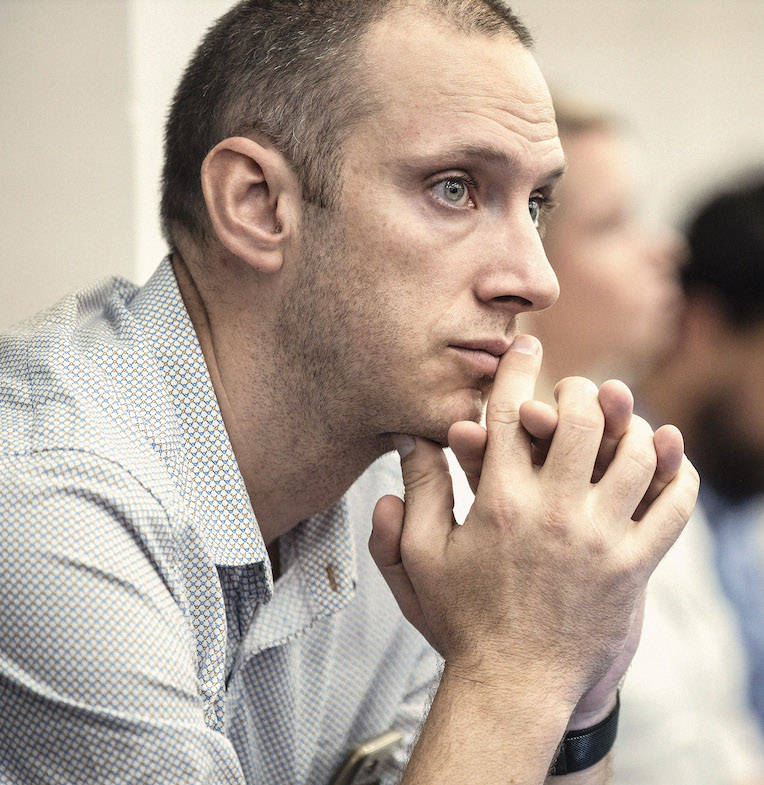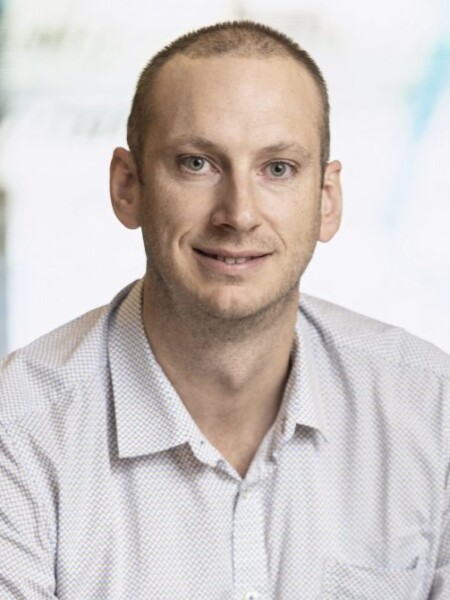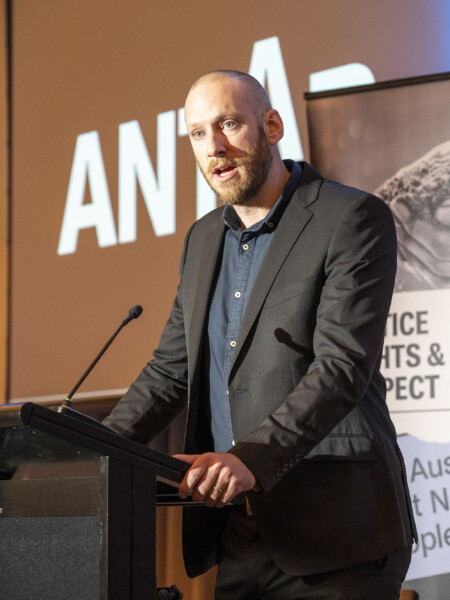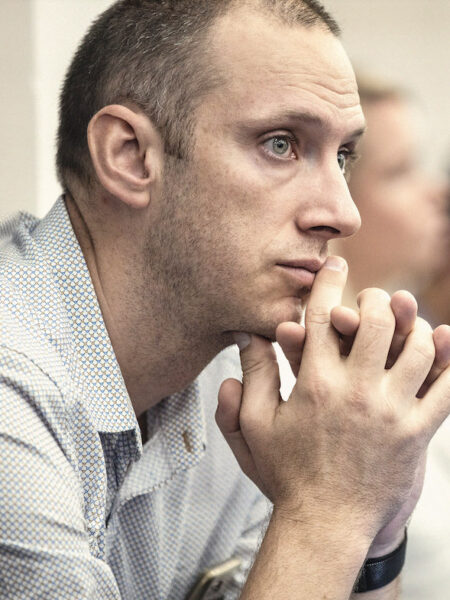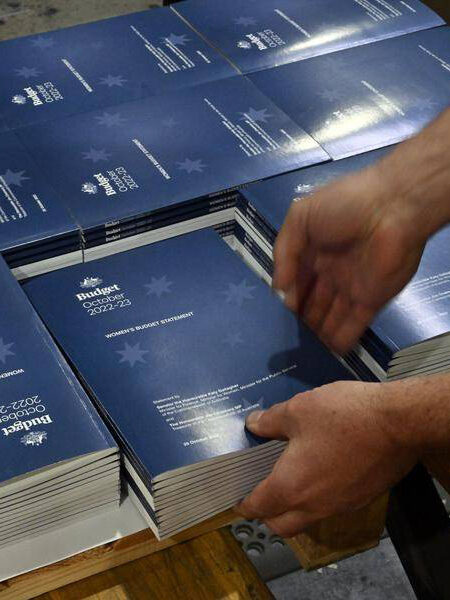He was not the first stranger to visit the continent that would become known as Australia, he wasn’t the first European or even the first Englishman. But his brief stay, marked by distrust, misunderstanding and violence in its few short hours, would set in train the following 250 years of occupation, tragedy and dislocation that has been Australia’s story of civilisations colliding.
Robert Hughes’ seminal history The Fatal Shore picks up the story 18 years later when ‘The First Fleet’ would return to the lands of the Gweagal people with the intent to stay and create the world’s largest prison. For the Gweagal, and the Gadigal, Cammeraygal, the Wanegal and Burramattagal, and all the peoples of the Eora nation, and the nations north, south and west beyond the Blue Mountains – the story wasn’t so much about the fatal shore but rather the fatal seas that would bring so much turmoil, dispossession and despair.
The full truth and meaning of Cook’s arrival must be part of any commemoration or memorial. It isn’t about blame, but it is about honouring and truth-telling for healing.
I have recently finished Archie Roach’s autobiography Tell Me Why and in it, Archie tells a story about doing gigs around the country to promote his first album, Charcoal Lane in 1990. He had a show at the Annandale Hotel in Sydney’s Inner West and prior to the gig he was doing a sound check when a woman who was watching yelled out “Am I supposed to sit here and feel bad?”
It is confronting and uncomfortable to be faced with a truth that breaks down the myths we hear all our lives. But the truth is, we can never move forward together as one people (and many) unless we face our shared past. It requires humility, bravery – and ultimately love – to face the past. As Paul Keating has said:
Recognition that the European settlement of this continent, from which we have all drawn huge benefits, came at a terrible cost to Aboriginal Australians. Acknowledgment that we failed to adequately recognise what was done and, with some noble exceptions, to make the most basic human response and enter into the hearts and minds of Indigenous Australians. We failed to ask – how would I feel if this were done to me?
It is not about being made to feel bad. To accept a personal blame. But recognition is an act of solidarity, without fear. As you may know, the theme of National Reconciliation Week 2020 is ‘In this together’. From 29 April 1770; 26 January 1788; 1 January 1901, and every day since, we’ve been in the same place but rarely together.
Our choosing to remember, our decision to honour the truth and listen to our Aboriginal and Torres Strait Islander sisters and brothers – to hear their stories of survival is an act of togetherness.
So today, like ANZAC Day or Remembrance Day, is an opportunity to consider all that happened since Cook set foot on that Gweagal beach 250 years ago. The good and great, but also the bad and shameful.
